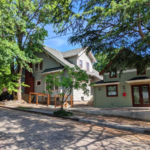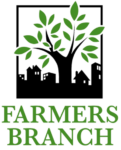Library of Codes
FBCI gathers the best examples of form-based codes from communities across the United States and abroad. The codes represent a variety of community types and applications of form-based standards. Click on the Show Search Options button to search the library by phrase, location, Driehaus Award recipients, and the categories described below.
- Physical Context: size or type of government entity
- Organizing Principle: underlying organization for the code standards
- Implementation Method: how the code standards operate within the zoning ordinance
- Development Type: development types impacted by the code standards
- Special Features: unique code attributes or awards
Buffalo Green Code
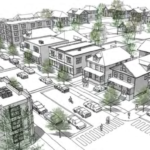 **Driehaus Award Recipient**
**Driehaus Award Recipient**
The city of Buffalo, NY took on a significant challenge—to adopt a high-quality, citywide form-based ordinance. Starting in 2010, the city followed a seven-year process to create the Buffalo Green Code as the…more
Cincinnati Form-Based Code
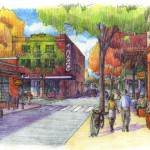 **Driehaus Honorable Mention**
**Driehaus Honorable Mention**
The Jury singled out Cincinnati for an honorable mention as a path-breaking code for applying Form Based Codes city-wide, but in an incremental way, as neighborhoods adopt place-specific codes. This approach enables a…more
Objective Design and Development Standards
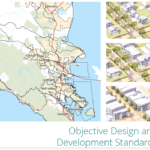 **Driehaus Award Recipient**
**Driehaus Award Recipient**
This model code for Marin County, CA exemplifies the differentiating strengths of form-based codes: clear guidance for better design outcomes and predictable, fair, and timely review processes. While conventional codes coupled with onerous…more
Code Documents
Hartford Zoning Code
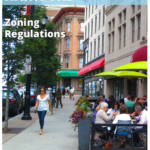 **Driehaus Award Recipient**
**Driehaus Award Recipient**
This code serves as a comprehensive and concise model for citywide form-based standards. The approach to building types creates a rich variety of urbanism and appropriately addresses both the private and public realm.…more
Raleigh Unified Development Ordinance
The Unified Development Ordinance (UDO) was initiated in 2010 in response to several factors. First, the City of Raleigh adopted a new Comprehensive Plan in 2009 that sought to focus development in mixed-use…more
City of South Bend Zoning Ordinance
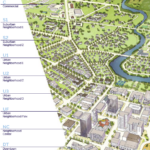 **Driehaus Award Recipient**
**Driehaus Award Recipient**
This citywide code is an excellent model for any city—particularly legacy cities—seeking to use code reform to promote fiscally and environmentally sustainable urban regeneration, greater housing diversity, walkable neighborhoods, and stronger urban design.…more

